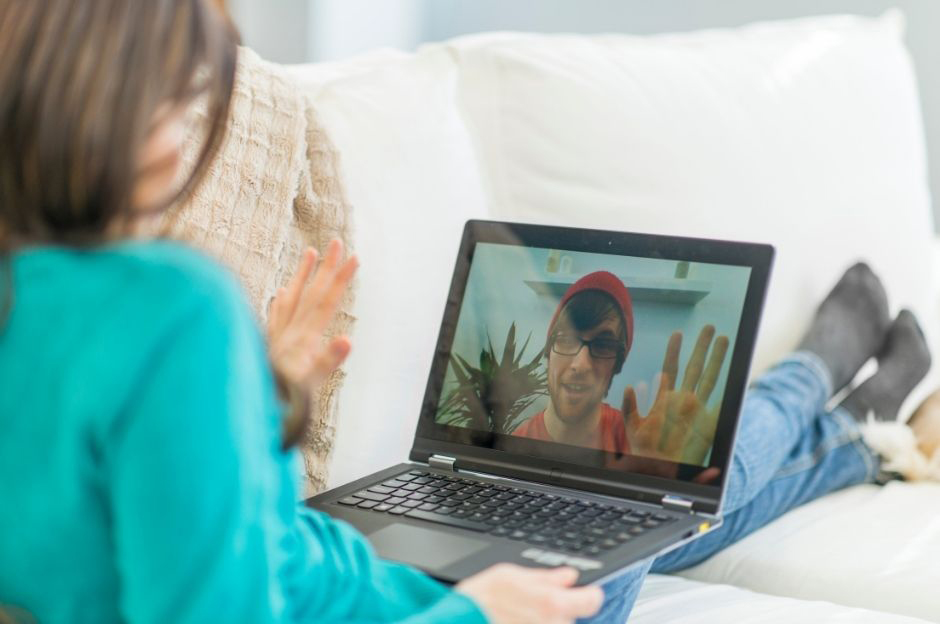September is National Suicide Prevention Month. This year, as we continue to deal with the significant challenges of life during COVID-19, please make it a point to check in with a loved one who may be struggling.
In my experience of working with children and adults with attachment issues, those who are insecurely attached and have trouble forming healthy relationships, are especially vulnerable.
Individuals with an avoidant, anxious or disorganized attachment style due to early childhood trauma or neglect, are more likely to suffer from anxiety, depression and other mental health issues that can prompt thoughts of suicide – even during normal times.
Universally, whether you suffer from an attachment disorder or not, connectedness is key to emotional wellbeing and good mental health. So, the mere act of reaching out and showing that you care, can make a difference.
Suicide and COVID
With about 48,000 deaths each year, suicide is the 10th leading cause of death overall and the second leading cause of death among people ages 10 to 34, making it a major public health concern, according to the National Institute of Mental Health.
Not surprisingly, mental health researchers anticipate a spike in these numbers for 2020 as the uncertainties of COVID-19 take a toll on mental health. While specific data on suicide since the start of the pandemic is still limited, according to a recent Kaiser Family Foundation survey, 53 percent of adults in the USA report that their mental health has been negatively impacted due to worry and stress over the coronavirus. Meanwhile, the Centers for Disease Control (CDC) is finding significant increases in anxiety and depression and substance use. In late June, the CDC posted a report that also showed a rise in suicidal ideation, with 11 percent of adults reporting that they had seriously considered suicide in the past 30 days and 25 percent of young adults ages 18 to 24.
Those numbers are alarming, but according to the National Suicide Prevention Lifeline, we can all help to prevent suicide.
What can you do?
Staying connected may seem harder in a public health crisis, but physical distance does not have to mean social isolation. We can continue to make critical connections to save lives, even if they are by phone, text or email rather than in-person.
In its September campaign to raise awareness, #BeThe1To, the National Suicide Prevention Lifeline and its partners recommend five actions for “healing, help, and to give hope,” that can be adjusted for physical distancing:
ASK
If you are close to someone who is struggling, ask them straightforward questions without judgment: “Are you thinking about suicide?” “How do you hurt?” “How can I help?” Studies have shown that acknowledging and talking about suicide can reduce suicidal ideation. Reach out frequently, be supportive and make sure you listen.
BE THERE
While being physically present may not be an option right now, there are still many other ways to be there for someone, including speaking with them on the phone/video phone, by text or through various online platforms. Ask the person how often you can check in with them, stick to the schedule and make sure there are no distractions when you communicate with them.
KEEP THEM SAFE
In normal circumstances, you would actively put time and space between a person considering suicide and lethal means (remove guns, knives, blades or medication, etc.) During COVID, have honest conversations with your loved one and encourage them to distance themselves from the means. Encourage them to consider the safety of their environment and prompt them to remove anything that could pose a danger.
HELP THEM CONNECT
Helping people connect with other services that can support them is still possible while staying physically distant. Options include working with them to set up an appointment with a mental health professional through telehealth, encourage them to call the Lifeline at 800-273-8255, or have them go onto the Vibrant Safe Space website for support.
FOLLOW UP
Similar to the principles of ‘be there’ during physical distancing, setting aside a time and date that you will follow up can provide something to look forward to and sends the message that you care.
If you have questions, about how to help someone cope with mental health issues during this time or know someone who should talk to a mental health professional, Evergreen Psychotherapy Center is here to help. Contact us at (866) 674-4029.



Sweet website, super design and style, really clean and employ genial. Deanne Arney Donavon